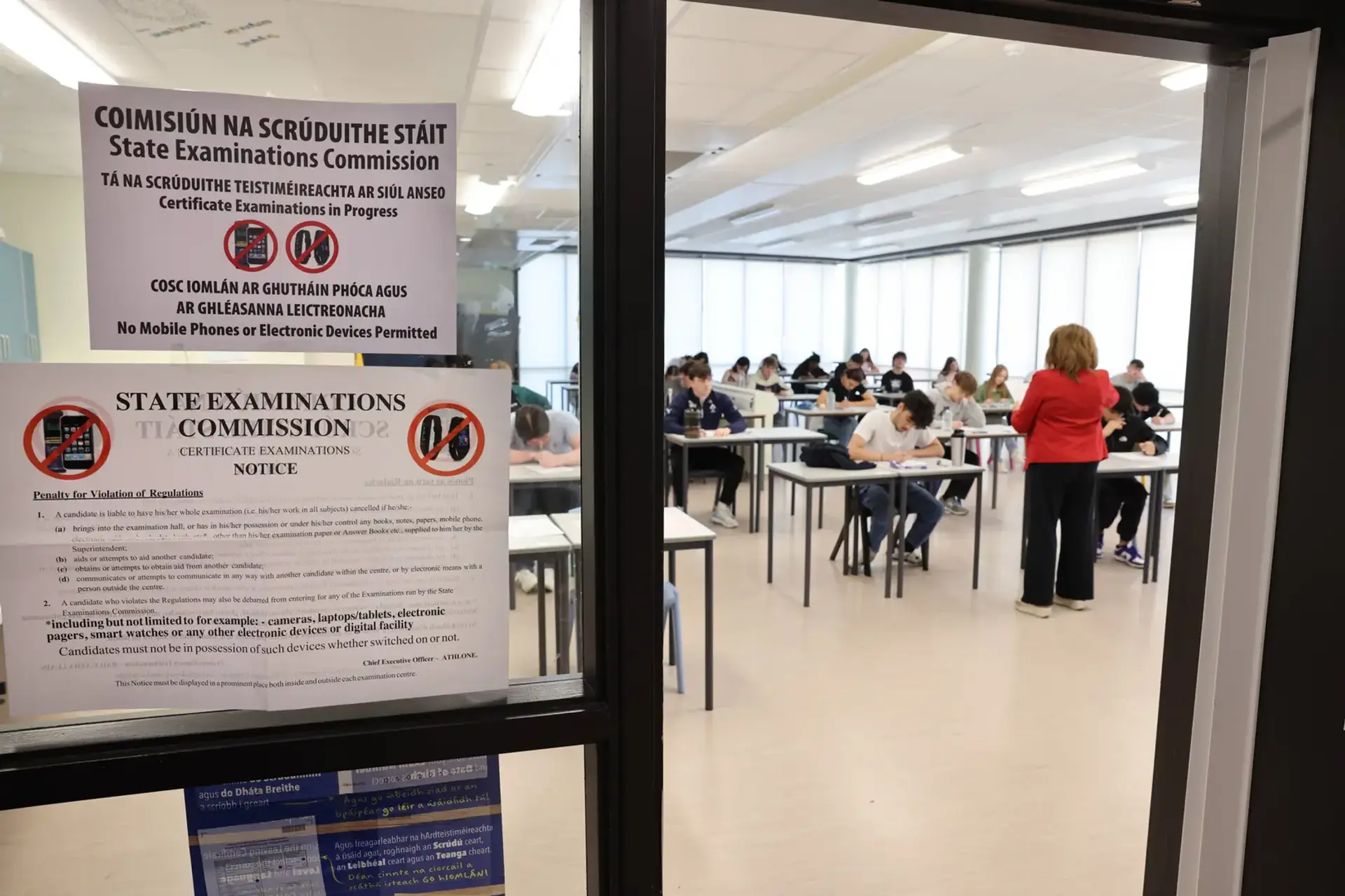Beijing has outlined aggressive goals for integrating artificial intelligence across the country, aiming for widespread adoption within the next decade. The initiative, called the "AI Plus" strategy, seeks to embed AI into manufacturing, healthcare, and other sectors to fuel economic growth. The plan sets targets for AI adoption rates, aiming for over 70% by 2027 and over 90% by 2030.
This strategy involves integrating AI into various industries to improve automation, reduce costs, and accelerate administrative processes. It also calls for developing AI-powered devices like smartphones, computers, robots, and connected cars. The initiative aims to enhance daily life by addressing labour shortages, performing high-risk work, and contributing to healthcare.
To support this, China is investing heavily in AI infrastructure and funding, focusing on practical applications rather than theoretical research. This includes increasing computing capacity and encouraging open-source AI models. The goal is to transform China into an intelligent economy and society, driving innovation and competing with Western dominance in AI.
Related Articles

Canadians call for AI regulation
Read more about Canadians call for AI regulation →
Nvidia's Growth Faces China Hurdles
Read more about Nvidia's Growth Faces China Hurdles →
Malaysia Enters AI Chip Race
Read more about Malaysia Enters AI Chip Race →
China's AI Computing Network
Read more about China's AI Computing Network →
